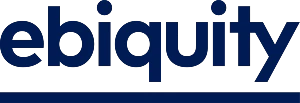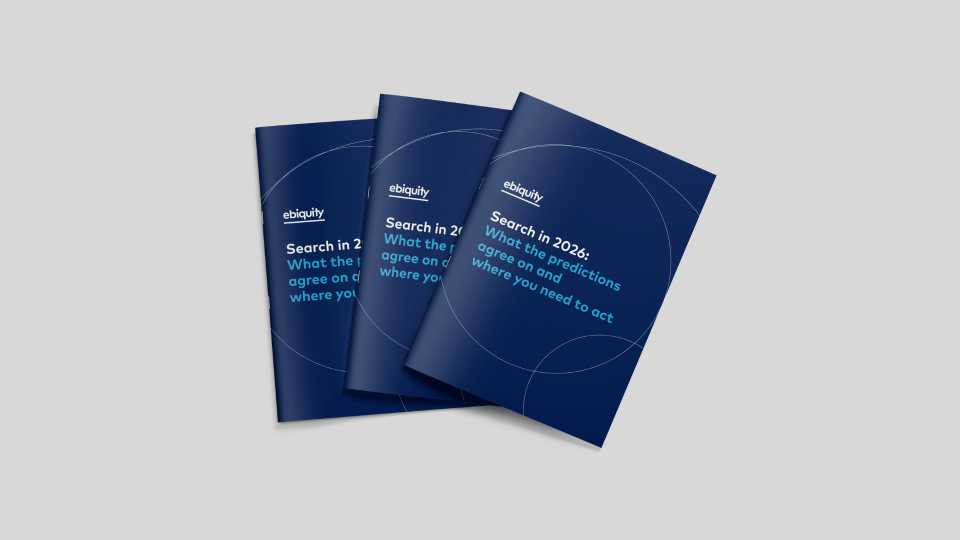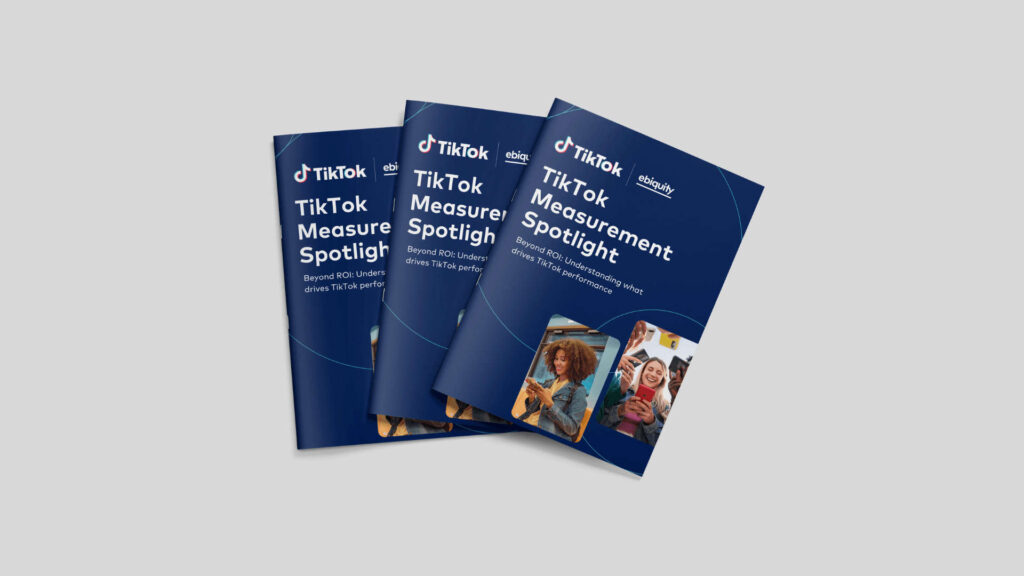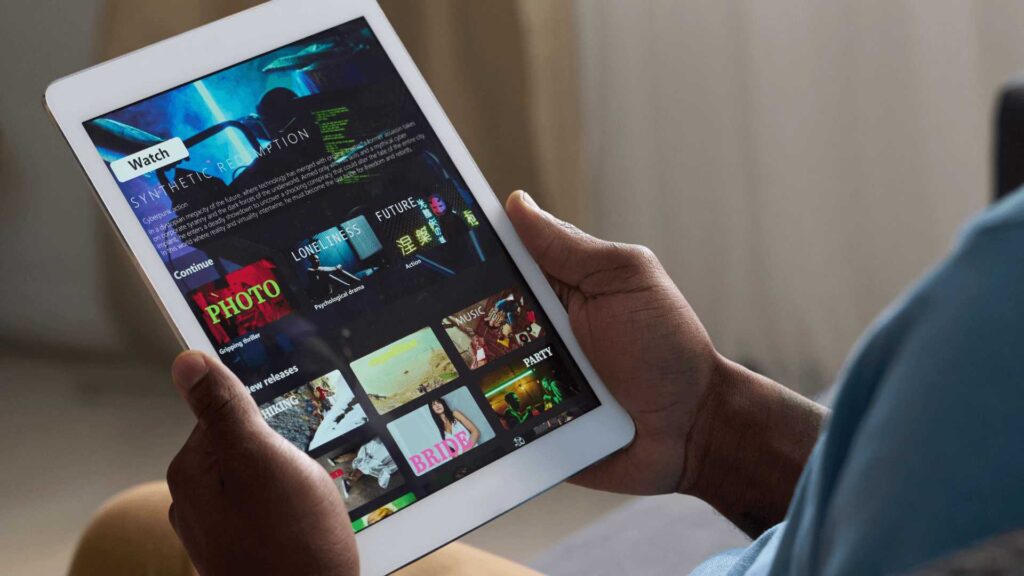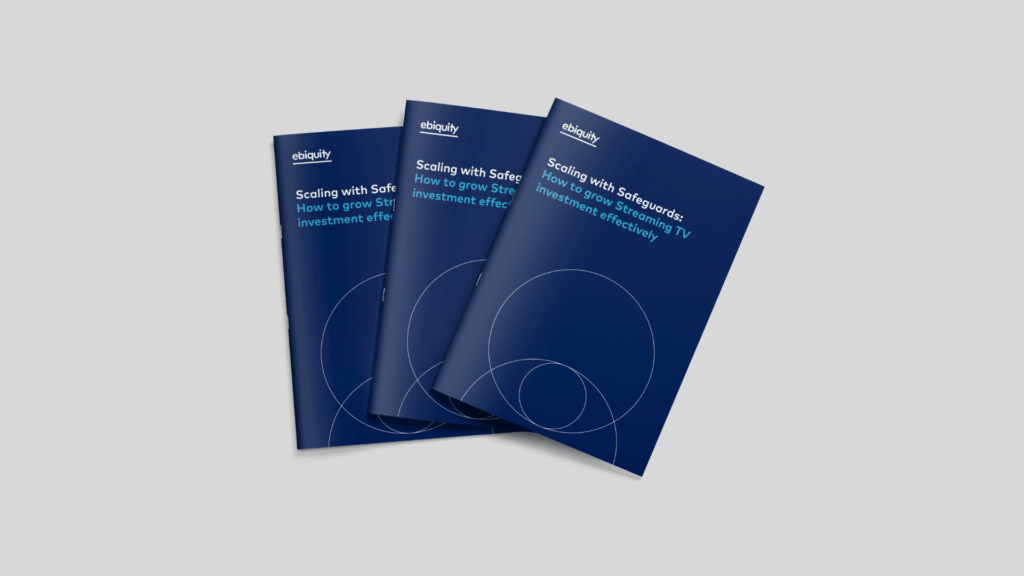The $13 billion merger between Omnicom Group and Interpublic Group (IPG) would establish the largest holding company globally, altering the competitive landscape. This consolidation raises critical questions for advertisers: What does this mean for your brand, your agency relationships, and the broader market ecosystem?
At Ebiquity, we see this merger as a reflection of the deep structural challenges facing the industry. At a time when advertisers are demanding greater transparency, innovation, and measurable outcomes, the creation of a larger holding company brings both opportunities and complexities. Here’s what this shift means for brands and the steps you should consider taking to navigate this transition.
A Landscape Redefined: Opportunities and Challenges
1. The Power Play for Scale
At its core, the Omnicom-IPG merger aims to scale trading volume, data capabilities, and end-to-end solutions, while increasing market leverage and fueling inventory media offerings. Scale remains a powerful tool, but competing on volume, product, or price alone reflects priorities of an old era.
In a market where 61% of media investment flows to platforms like Google, Meta, and Amazon, scale alone no longer guarantees differentiation. For brands, the critical question is whether this consolidation will deliver better guidance, transparency, and innovation to address today’s advertising challenges. True value lies in pairing scale with precision, creativity, and integrated capabilities that meet modern advertiser needs.
2. Regional Dynamics Persist
While this merger creates a global powerhouse, regional nuances remain pronounced – such as:
- North America: The new entity will claim the top position, though the market features a significant percentage of clients using mixed models, with independents often managing digital services.
- EMEA: GroupM is projected to maintain its leadership.
- India: GroupM continues to dominate the market.
- China: The Omnicom-IPG entity is expected to remain in third place among holding companies, while independents maintain a strong presence.
- Japan: Dentsu holds a unique position as both a media owner and agency, consolidating significant market influence.
- LATAM: The region follows a distinct model, led primarily by creative (Rankings based on Comvergence 2024 projections)
These variations mean that a (single) global holding group may still struggle to address highly localised advertising needs, particularly in emerging markets where agility and specialised knowledge are paramount.
3. Agency Consolidation and Talent Redundancies
As the new entity integrates its operations, the drive to achieve $750 million in cost savings could lead to redundancies that risk disrupting established agency expertise. For existing clients, this may mean challenges in maintaining continuity and quality of service.
More broadly, talent loss also raises concerns about the industry’s ability to adapt and innovate in a marketplace increasingly defined by digital-first players and emerging technologies like AI
4. Data and Technology Integration
Omnicom has long championed a “neutral, client-first approach to data,” prioritising advertiser needs over proprietary ownership. This philosophy contrasts with IPG’s investment in platforms like Acxiom, which offers advanced data-driven marketing capabilities. The merger presents an opportunity to potentially create a strategy more in line with industry leader Publicis, leveraging the combined Omnicom-IPG scale to compete more effectively. However, brands must carefully evaluate how these changes align with their goals for transparency, accountability, and effective data management to ensure they maintain control over their customer insights.
5. Market Concentration and Competitive Impact
Regulators will closely examine whether this merger limits contestability or stifles innovation in the market. Advertisers should advocate for safeguards that preserve competition and ensure the continued availability of independent agency partners.
Across various categories and clients, maintaining a competitive agency ecosystem has proven effective in driving accountability and optimising performance. However, the consolidation of holding groups may introduce challenges to preserving such diversity and competitive dynamics.
Contractual Priorities for Navigating the Omnicom-IPG Merger
A merger of this scale will inevitably impact operational processes, resourcing, and agency contracts. Advertisers need to ensure their frameworks are robust and prepared to manage these changes effectively. By addressing the following contractual priorities, brands can safeguard their investments and mitigate potential disruptions:
- Operational Changes and Resourcing Risks:
The merger’s predicted $750M (USD) in annual savings will likely in part stem from shared service centres and operational streamlining. While this may improve efficiency, it could also lead to redundancies across back-office teams (e.g. finance) and client-facing roles (e.g., traders and client account management). Advertisers should ensure their contractual agreements are robust, with clear resourcing commitments and mechanisms to reconcile any service gaps or cost pass-backs.
- Rebate Negotiations and Buying Power:
As the largest media buyer globally, the combined entity will have unparalleled negotiating power. While this could unlock greater rebates, the benefits must be transparently passed back to clients. Advertisers should regularly audit their contracts and rebate structures to ensure they maximise value.
- Proprietary Media and Transparency:
Omnicom’s established emphasis on Inventory/Proprietary Media may become a more prominent offering for IPG clients post-merger. While such solutions can enhance efficiency, they also risk introducing non-transparency. Advertisers must ensure their contracts include provisions to safeguard transparency while still capturing any potential benefits.
By proactively addressing these considerations, advertisers can protect their media investments and turn potential disruptions into opportunities for improved outcomes.
Staying Ahead: Strategic Actions for Advertisers
With a clear understanding of the contractual and operational implications of the Omnicom-IPG merger, the next step for advertisers is to focus on strategic actions to stay ahead. Proactively addressing these areas will ensure brands not only adapt to the evolving landscape but also seize new opportunities:
1. Reassess Media Investment Strategies
It is essential for advertisers to have a clear understanding of their current media spend, contracts, and performance as this merger unfolds. A thorough review of media investments can help identify areas of inefficiency or misalignment with strategic goals. Establishing a strong baseline now will make it easier to evaluate any changes resulting from the merger and maintain visibility into performance during the transition.
2. Strengthen Governance and Accountability
Periods of consolidation often bring operational challenges, making governance and oversight critical. Advertisers should ensure their frameworks are robust and prepared for potential disruptions. Clearly documenting expectations with agency partners – such as performance indicators and transparency requirements – can mitigate risks like inefficiencies or compliance gaps during this time of change.
3. Evaluate Agency Relationships
Agency consolidation may introduce changes to service quality, talent retention, and potential conflicts of interest. Advertisers should assess whether their current agency setups remain effective and aligned with strategic needs. This includes reviewing contracts to maintain continuity and addressing any concerns about being deprioritised as agency portfolios are reorganised.
4. Adapt to Regional Specificities
While the merger creates a global entity, regional dynamics remain critical. Advertisers should ensure their operating models balance global consistency with local flexibility, particularly in nuanced markets. For example, brands operating in emerging regions such as India or LATAM may need to evaluate whether their agencies retain the expertise and agility needed to address local complexities effectively.
5. Advocate for Data Integrity and Transparency
As agencies combine their data capabilities, advertisers should advocate for clear and transparent data management practices. It is important to assess whether new systems or platforms prioritise the advertiser’s strategic goals or risk creating dependencies. Brands should also evaluate their direct relationships with key platforms (e.g., Google, Meta, Amazon) to ensure they retain visibility and control over data and insights.
6. Prepare for Price Pressures
Mergers often introduce price pressures as holding companies seek to recover investments. Advertisers should validate pricing structures and benchmark against market standards to protect ROI. Being proactive in understanding and negotiating pricing mechanisms will help mitigate unexpected cost increases.
Broader Implications: A Call for Differentiation
This merger underscores a key challenge for holding groups: the need to move beyond scale and deliver meaningful differentiation. In a market increasingly dominated by platforms offering direct access to audiences, holding companies must demonstrate how their combined capabilities create unique value for advertisers.
For brands, the focus should remain on outcomes – measurable ROI, effective media governance, and alignment with your long-term goals. As the advertising landscape evolves, those who adapt with agility, clarity, and strategic foresight will be best positioned to succeed.
Turning Disruption into Opportunity
The Omnicom-IPG merger would create new dynamics for advertisers to navigate. By staying proactive, informed, and focused on your objectives, you can manage this transition effectively.
As an immediate first step, we recommend scheduling time with your agency leadership to gain a deeper understanding of the merger’s timelines, implications, and strategic direction. Moving beyond the press releases and general communications is critical for aligning your business priorities and seizing potential advantages in this evolving landscape.
Independent expertise can provide you the clarity and confidence needed to make the right strategic decisions for your business. At Ebiquity, we provide impartial advice backed by the deepest benchmarks, proven governance frameworks, and expert market insight. We enable you to respond to change effectively, optimise your media investments, and deliver meaningful results.
